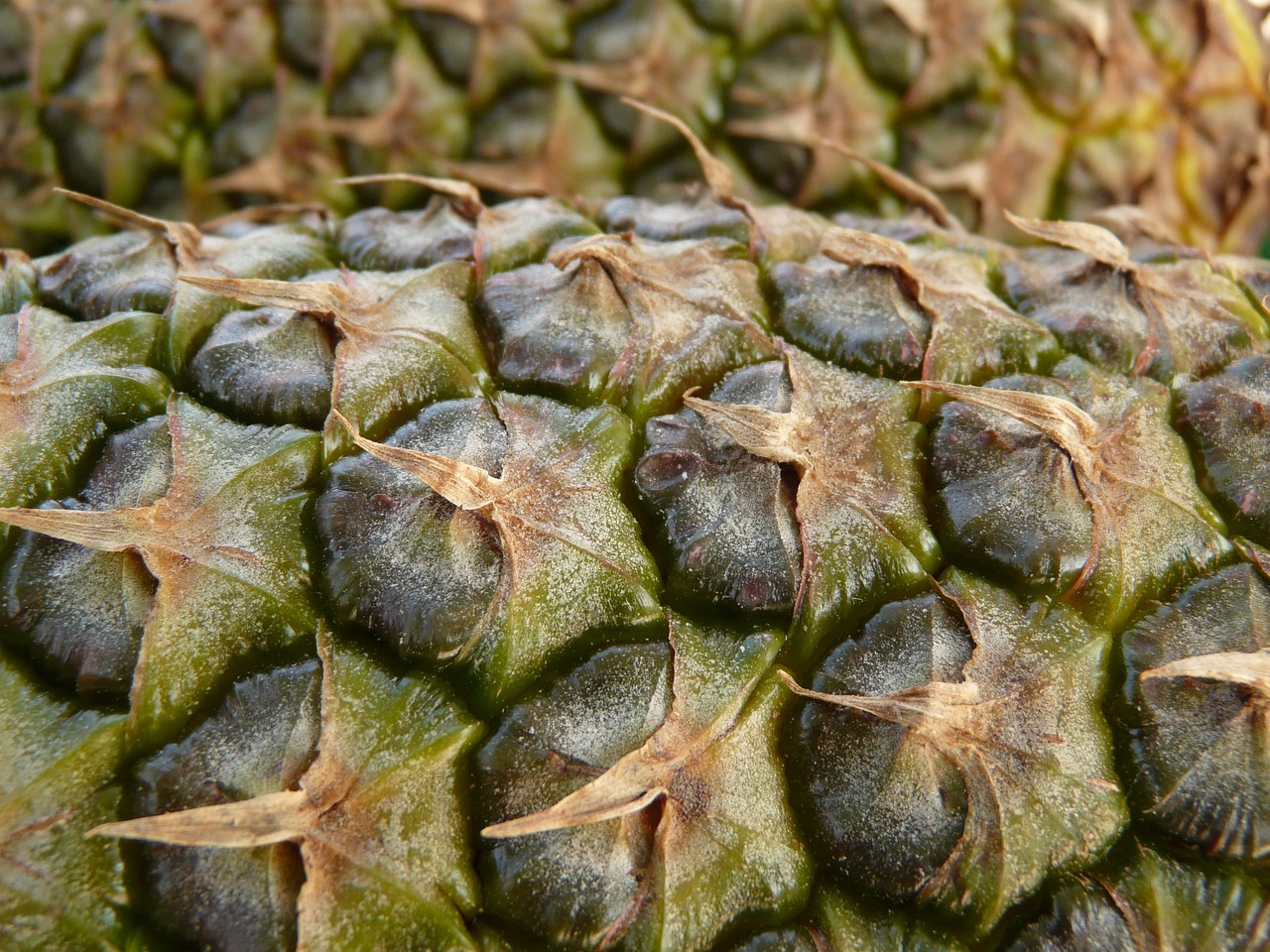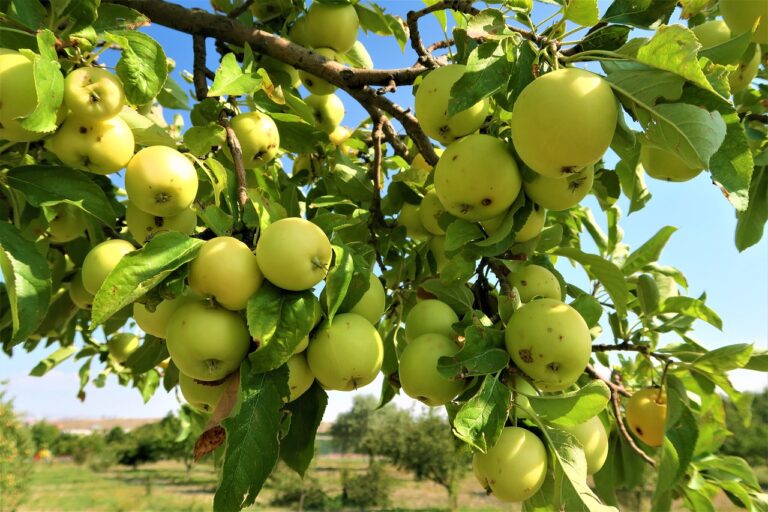The Impact of Agricultural Technology Hubs on Produce Markets: Betbook250, Anna 247 login, Yolo247 login app
betbook250, anna 247 login, yolo247 login app: The Impact of Agricultural Technology Hubs on Produce Markets
In recent years, the agricultural industry has seen a significant shift towards the adoption of technology to improve efficiency, productivity, and sustainability. One of the key drivers behind this shift is the emergence of agricultural technology hubs, which are collaborative spaces where farmers, researchers, entrepreneurs, and investors come together to innovate and develop new technologies for the agricultural sector. These hubs have had a profound impact on produce markets, revolutionizing the way that fruits and vegetables are grown, harvested, and distributed.
Increased Efficiency and Productivity
One of the most significant impacts of agricultural technology hubs on produce markets is the increased efficiency and productivity of farmers. By leveraging technology such as sensors, drones, and artificial intelligence, farmers can monitor their crops more closely, optimize irrigation and fertilization practices, and detect diseases or pests early on. This not only leads to higher yields but also reduces the use of water, pesticides, and other inputs, making farming more sustainable in the long run.
Improved Quality and Shelf Life
Another way that agricultural technology hubs are impacting produce markets is by improving the quality and shelf life of fruits and vegetables. Technologies such as controlled environment agriculture, blockchain-based traceability systems, and predictive analytics help ensure that produce is harvested at the right time, stored and transported under optimal conditions, and reaches consumers fresher and more nutritious. This not only benefits consumers by providing them with higher quality products but also reduces food waste throughout the supply chain.
Market Access and Distribution
Agricultural technology hubs are also playing a role in increasing market access and improving distribution channels for farmers. By connecting them with e-commerce platforms, food hubs, and other marketplaces, technology hubs help farmers reach a wider audience and sell their produce more efficiently. This not only provides farmers with a higher income but also gives consumers access to a wider variety of fresh, locally grown fruits and vegetables.
Sustainability and Resilience
Lastly, agricultural technology hubs are driving sustainability and resilience in the agricultural sector. By promoting practices such as regenerative agriculture, precision farming, and agroforestry, technology hubs help farmers reduce their environmental footprint, adapt to climate change, and build more resilient food systems. This not only benefits the planet by preserving natural resources but also ensures the long-term viability of produce markets for generations to come.
In conclusion, agricultural technology hubs are revolutionizing produce markets by increasing efficiency and productivity, improving quality and shelf life, expanding market access and distribution, and promoting sustainability and resilience. As these hubs continue to innovate and collaborate, we can expect to see further advancements in the way that fruits and vegetables are grown, harvested, and distributed, ultimately benefiting farmers, consumers, and the planet as a whole.
FAQs
Q: What are some examples of agricultural technology hubs?
A: Some examples of agricultural technology hubs include the Western Growers Center for Innovation & Technology in California, the Purdue Foundry Ag-celerator in Indiana, and the AgTech Accelerator in North Carolina.
Q: How can farmers benefit from agricultural technology hubs?
A: Farmers can benefit from agricultural technology hubs by gaining access to cutting-edge technologies, networking opportunities, funding sources, and expertise to improve their farming practices and increase their profitability.
Q: Are agricultural technology hubs only for large-scale farmers?
A: No, agricultural technology hubs cater to farmers of all sizes, from small family-owned farms to large commercial operations, by providing them with tailored solutions and support to meet their specific needs and goals.







